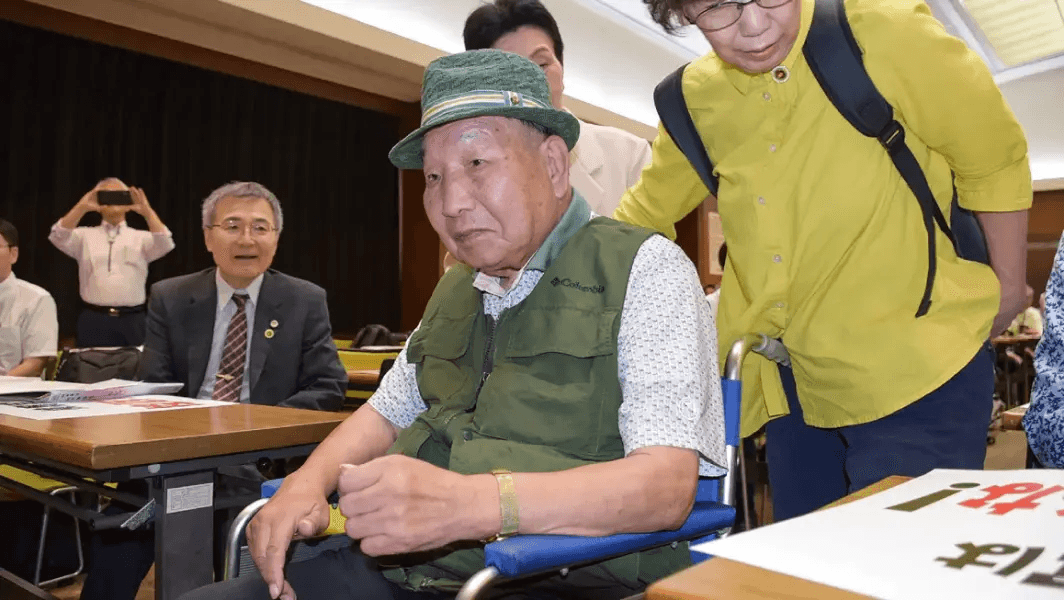
Japan Awards Record Compensation in Landmark Legal Case of Wrongful Death Row Conviction
Legal System Under Scrutiny as Iwao Hakamada Is Exonerated After 46 Years on Death Row for a Crime He Did Not Commit
In a defining moment for Japan’s legal system, the government has awarded ¥142 million (approximately $1.4 million or Rs 20 crore) in compensation to Iwao Hakamada, an 89-year-old man who spent 46 years on death row for a criminal offense he never committed. The case has drawn attention worldwide, setting a record for compensation in wrongful conviction cases in Japan and reigniting conversations about interrogation practices, legal safeguards, and the role of criminal lawyers in protecting civil rights.
The Case Background
Hakamada, a former professional boxer who later worked at a soybean processing plant, was arrested in 1966 in connection with the brutal murder of his employer, the employer’s wife, and their two children. The victims had been stabbed, their home set ablaze, and a sum of money stolen.
Authorities arrested Hakamada two months later, citing physical evidence including traces of blood and gasoline on his pajamas. Despite the blood not being his, he was coerced into a confession under prolonged, harsh interrogation—a confession he soon recanted.
In 1967, controversial evidence surfaced when investigators claimed to have found blood-stained clothes submerged in a miso tank. Hakamada denied ownership, but the court convicted him in 1968 based on this and the coerced confession. The verdict was narrowly passed by a 2-1 ruling, with one judge dissenting in belief of his innocence.
Legal Turnaround and Retrial
Following decades of legal appeals and advocacy by his sister and legal team, a Japanese court reopened the case. In September 2024, Hakamada was legally exonerated, with the court acknowledging that the police had manipulated evidence and subjected him to inhumane interrogation techniques.
This judgment emphasized severe violations of criminal law principles, specifically concerning fair trial rights, forced confessions, and evidence tampering. The court declared Hakamada "innocent" after determining that the conviction was legally unsound from the outset.
Legal Implications and Role of Lawyers
Hakamada's case exemplifies the critical importance of lawyers and law firms in ensuring justice in criminal proceedings. Criminal lawyers representing him relentlessly challenged the credibility of the investigation and the admissibility of coerced confessions, eventually succeeding in securing a retrial and full acquittal.
The court’s recognition of coerced confessions and fabricated evidence reflects a broader need for reform within interrogation procedures and police accountability. The case has become a legal precedent, sparking debate on reforming criminal law to prevent similar miscarriages of justice.
Legal experts argue that while the ¥142 million compensation is the highest awarded for wrongful imprisonment in Japan, it does not undo the decades of psychological and emotional suffering endured by Hakamada. His mental health deteriorated after years of solitary confinement and the psychological trauma of awaiting execution.
Conclusion
The Hakamada case serves as a stark reminder of the critical role of legal systems in safeguarding individual freedoms. It underscores the responsibility of lawyers—particularly those in criminal law—to hold the justice system accountable. As Japan reflects on this landmark judgment, it opens the door to serious discussions about legal reforms, rights of the accused, and the responsibility of the state in protecting its citizens against wrongful convictions.
For any enquiries or information, contact info@thelawreporters.com or call us on +971 52 644 3004. Follow The Law Reporters on WhatsApp Channels